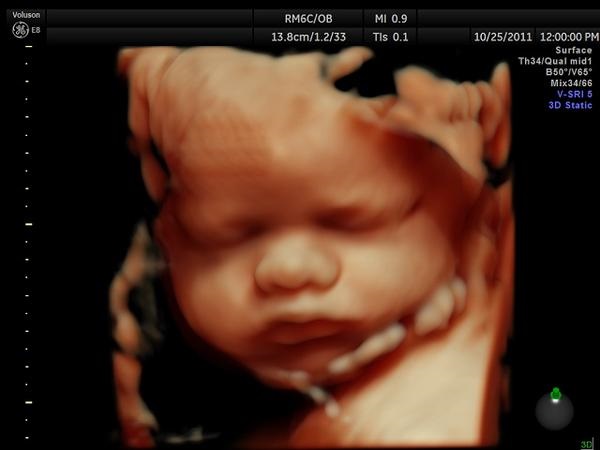A startling new poll found that a majority of Americans are OK with late-term abortions on babies who have birth defects linked to the Zika virus.
A growing international health scare, the virus has been linked to birth defects in newborns, one being microcephaly, a brain disorder that is not typically fatal but can cause health problems throughout the child’s life. Abortion advocates have been using the link as an excuse to push for more abortions on babies with disabilities. Some pro-abortion groups even have been scaring women into aborting their unborn babies without knowing if they have Zika or if their unborn baby has a disability.
Amid heightened fears about the virus at the Olympic games and in the southern U.S., a new poll from Harvard-STAT found that 59 percent of Americans believe women should be allowed to abort unborn babies after 24 weeks if the baby has a Zika-linked disorder. Only 28 percent said they opposed late-term abortions in those cases, while 7 percent said they were unsure and 3 percent said it would depend on the situation.
The poll asked people if women should be able to obtain an abortion after 24 weeks of pregnancy if she is infected with the Zika virus and there is a “serious possibility” that her unborn baby will be born with a severe birth defect. The study compared the results to an earlier poll that asked Americans if they supported late-term abortions in general. That poll found that just 23 percent were OK with legalized, late-term abortions.
Click here to sign up for pro-life news alerts from LifeNews.com
According to STAT News:
Among Democrats, support for late-term abortion increased from 34 percent to 72 percent when there was a strong likelihood of Zika-induced severe birth defects, the STAT-Harvard T.H. Chan School of Public Health poll found.
But even among respondents who identified themselves as Republicans, support for abortion after 24 weeks was surprisingly high, with 48 percent saying it should be allowed if Zika-induced birth defects were likely — compared with just 12 percent who felt that way about late-term abortion in general.
The new poll described the situation to respondents as “a severe birth defect that includes an abnormally small head and brain damage.” The question emphasized several times that the birth defect is “severe,” but it did not explain that microcephaly, the defect most commonly linked with Zika, is not typically fatal or that it affects children in varying degrees.
A young Brazilian who was born with microcephaly is now a journalist and a musician. She has been speaking up about the value and abilities of people with the condition and urging families not to abort because of Zika.
The poll also did not tell people that unborn babies are viable outside the womb at 24 weeks gestation.
This week, the Centers for Disease Control reported knowing of at least 479 pregnant women who have been infected with Zika in the U.S. Six of those women have lost their unborn babies to miscarriage or abortion, while 15 have given birth to babies with birth defects, the CDC reports. Experts predict that southern states in the U.S. will see more cases this summer.
The risk of microcephaly from Zika appears to be higher if the unborn baby is in the first trimester. Currently, researchers estimate that between 1 percent and 15 percent of pregnant women with Zika in the first trimester will have babies with birth defects, according to the Associated Press.
Abortions are being pushed on women who contract the virus, despite the low risk of birth defects and problems with diagnosing Zika and microcephaly. Health authorities say people who are infected with Zika do not necessarily show symptoms of the virus; and when they do, their symptoms can look like other illnesses. Similarly, conditions like microcephaly often are not diagnosed until unborn babies are at least 20 weeks along in the womb.
This means women who have or think they have Zika could be pressured to have early abortions without knowing whether their baby really has the disorder. If the moms wait until they are more certain of their baby’s diagnosis, they could be pressured to have a dangerous, late-term abortion when their unborn babies are viable outside the womb.
Families who have experiences with microcephaly are speaking up against the eugenic push to abort unborn babies with birth defects. The fact that abortion activists are targeting people with disabilities like microcephaly for abortion also is concerning to many disability rights advocates, even some who identify as pro-choice.








